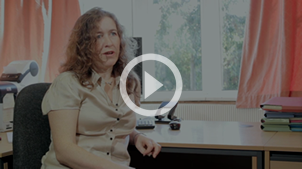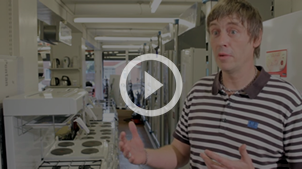August questions and answers
Newsletter issue - August 2017.
Q. My wife has a part time job but doesn't earn enough to pay tax. Can she get tax relief on contributions made to a pension scheme?
A. Yes, even if you are not earning enough to pay income tax, you still qualify to have tax relief added to any contributions you make to a pension plan. However, the maximum you can pay in is £2,880 a year, or 100% of your earnings, subject to the 'annual allowance' restrictions.
Tax relief is added to the contributions at the basic rate of tax (currently 20%), so if you pay in £2,880 net, tax relief of £720 will be added, meaning that the gross contribution into the pension will be £3,600 (£2,880 x 100/80).
Q. I am a qualified doctor and pathologist. I have recently registered for VAT as my turnover has exceeded the current VAT registration limits. In addition to my regular doctor's practice, which I understand is still exempt for VAT, I also write medical reports for insurance companies. I understand that this service is standard rated. However, I have also recently been requested to carry out post mortems. I am statutorily obliged to carry out this work, but I am paid for it. Should I charge VAT on my invoices for this service?
A. As you state, some services will be taxable or exempt, depending on their primary purpose. This is particularly the case in the area of medical reports and certificates, and in these cases, it is necessary to establish their principal purpose, before liability can be determined. Where the service is principally aimed at the protection, maintenance or restoration of health of the person concerned, the supply is exempt. However, where a medical report is done solely to provide a third party with a necessary element for taking a decision for insurance or legal purposes, the supply is taxable at the standard rate.
Where a doctor is compelled by statute to perform a statutory service and charges a fee for it then the supply is outside the scope of VAT (see VAT Notice 701/57, para 4.13). Under Section 19 of the Coroners Act 1998 a coroner can appoint a doctor (pathologist) to carry out a post mortem if necessary. As this is a statutory requirement and the doctor must provide the service, any payment received will be outside the scope.
Q. I started my own business as a sole trader on 1 December 2016. Although it has been quite a slow start, my profits are slowly going up and I am hopeful that they will continue to rise steadily over the next few years. Should I use 30 November or the tax year-end as my accounting year-end?
A. As a general rule of thumb, choosing a year-end earlier in the year, will generally give a business longer to pay its annual tax bill. This, in turn, can help considerably with the business cash-flow.
Taxpayers are generally required to make two equal payments of their income tax liabilities including any Class 2 and Class 4 NIC liability) on account:
- by 31 January in the tax year; and
- by 31 July following the tax year,
based on the total income tax payable directly in the previous tax year.
The balance, together with any capital gains tax, is normally payable (or repayable) by 31 January after the tax year.






